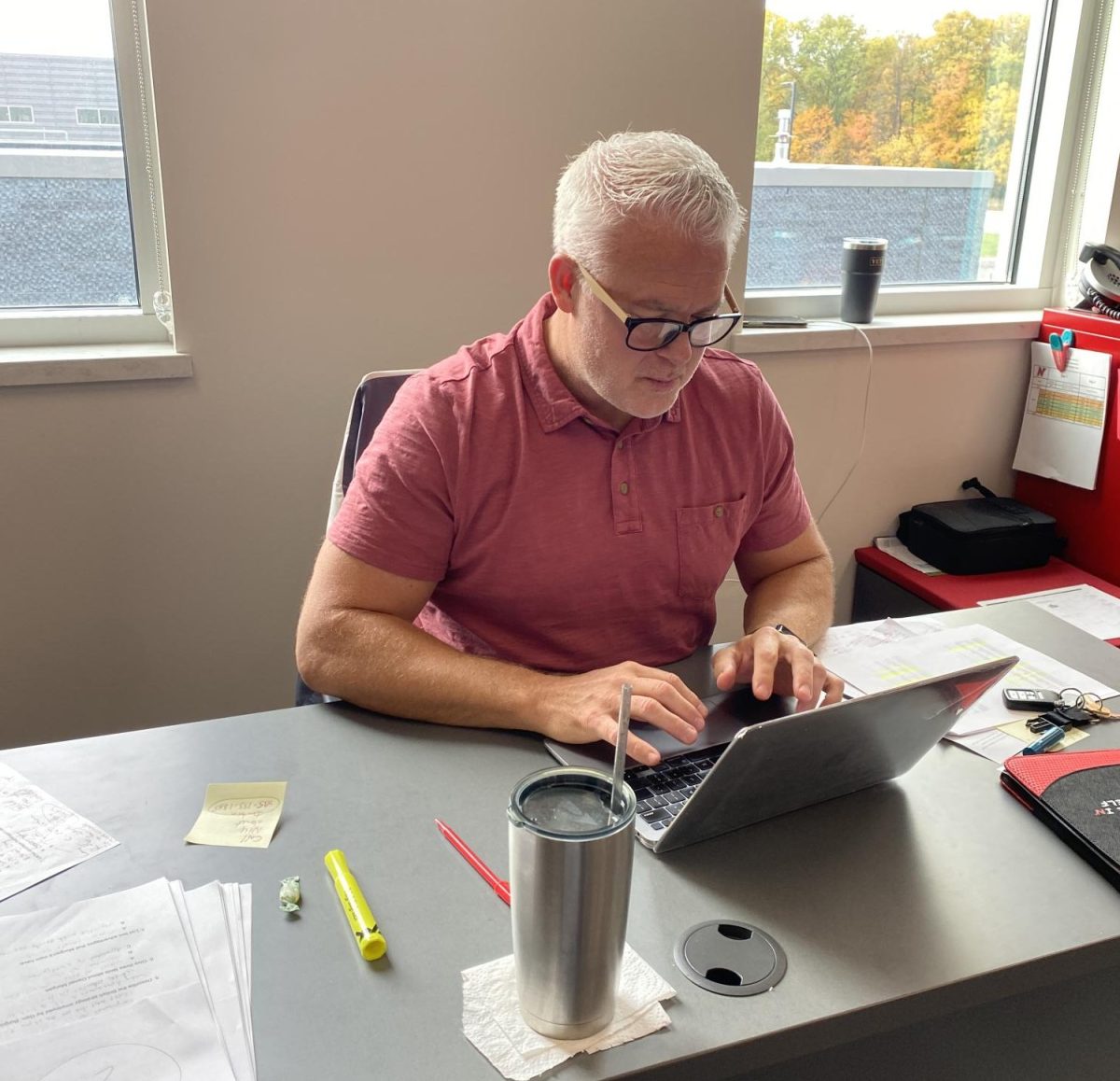When Wendy Ni starts kindergarten she cannot speak English.
Months prior, she moves from China to America. Her parents speak only Chinese fluently; therefore, Wendy knows very little English. Throughout first and second grade, her parents teach her what they can: basic, conversational English and elementary math.
By the time she starts third grade, Wendy learns on her own. Her parents show her what they can, but the rest remains up to her. At the same time, she starts to shoulder conventionally adult tasks.
“This might be shocking to some, but at a young age – I think when I was in third grade – I was the one that made appointments.”
“For everyone.
And everything.”
Wendy serves the role of a translator at age 8. For appointments, teacher meetings, messages and emails, Wendy translates English for her parents. As time goes on, she starts to take up even more responsibilities, learning some skills far earlier than most.
By fifth grade, she helps to file insurance forms. By sixth grade, she assists in filling out tax forms. Being present throughout her whole life, language barriers often make seemingly simple things more complicated. She learns the best ways to tackle her responsibilities. Despite having her parents by her side, she continues to be self-sufficient:
“I had to learn to be independent. It was kind of forced upon me.”
From that point forward, the responsibilities that she has change with her growing up. Now, she controls her own appointments and schoolwork, and even helps to design her family’s new house.
Just like starting kindergarten without knowing English, throughout your life you must adapt to your circumstances and learn different ways to thrive because of them. Just like Wendy continues to do, find the positive in your situation, and never let it hold you back.









